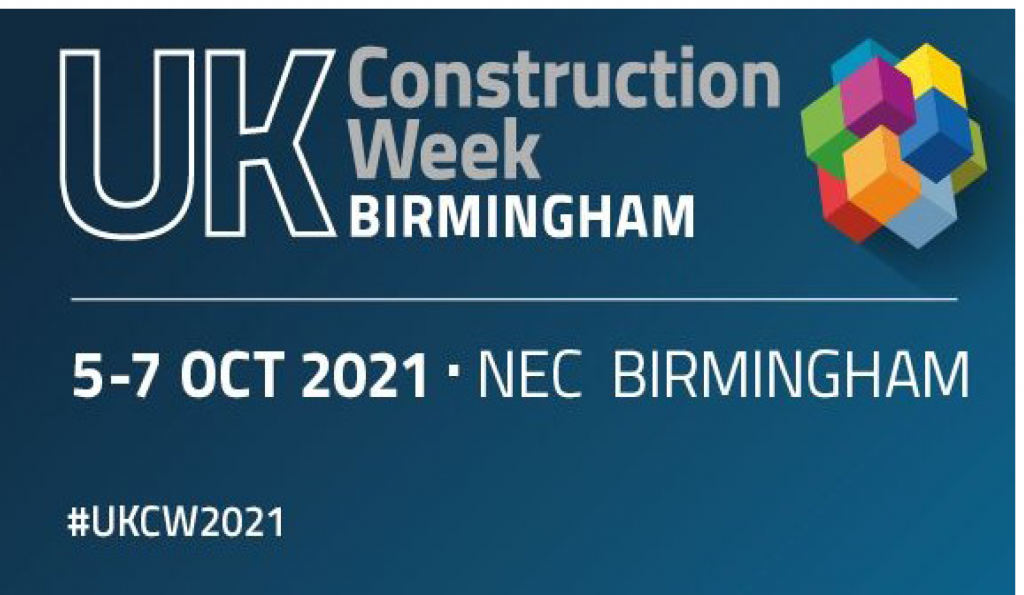Smart Building Show

Smart Buildings Show 2022 will be taking place at ExCeL, London on 12th – 13th October.
Since launching in 2017 Smart Building Show has grown every year, as has the smart buildings market. Recent research from Johnson Controls has shown that 62 per cent of companies will increase their investment in smart buildings technology in the coming year.
On top of this, according to CEDIA, the residential home market is expected to grow with 88% of companies forecasting revenue growth in the next 12 months. Smart Buildings Show is reflecting this by the introduction of the residential developers strand.
This year there will also be a particular focus on sustainability and ESG plus networks and infrastructure. Smart Buildings Show is well aware that we need a sustainable future and they are determined to reflect this through our conference programme.
The show will give visitors the information they need to arrive at an informed decision on how to make their intelligent buildings more economic for owners and more functional and safe for occupiers.
Smart buildings deliver services that make occupants productive at the lowest cost and environmental impact over the building lifecycle.
To do this requires adding intelligence from the design phase through to the end of the building’s useful life. Smart buildings use information technology during operation to connect subsystems, which typically operate independently, so that these systems can share information to optimise total building performance.

